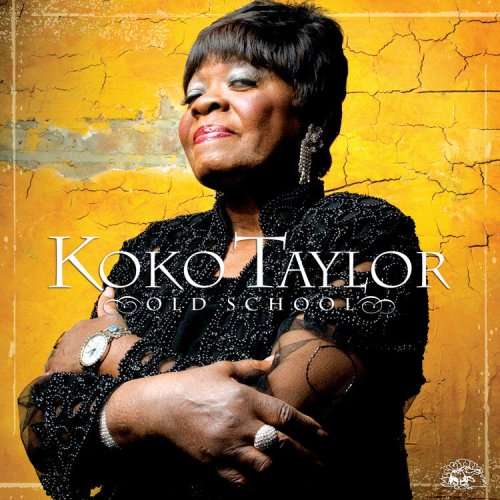This is an exciting, easy to read, and edifying book which is suitable for all ages. The combination of an excellent, stirring plot, sympathetic and well developed characters, a hint of romance, and a positive, well researched historical context for a critical and surprisingly relevant period in humanity’s makes this a winner.
Author:
New Orleans Love: Harry Connick Jr.’s Chanson du Vieux Carré
 The Connick song “Ash Wednesday” has more of a sense of adventure than one imagines a religious observance to have, but that may be the atmosphere of the city, and the nature of the album Chanson du Vieux Carré, on which Connick plays piano throughout, an album that has charm and solidity and more of a cinematic quality than most of the other jazz recordings I have listened to in the last year.
The Connick song “Ash Wednesday” has more of a sense of adventure than one imagines a religious observance to have, but that may be the atmosphere of the city, and the nature of the album Chanson du Vieux Carré, on which Connick plays piano throughout, an album that has charm and solidity and more of a cinematic quality than most of the other jazz recordings I have listened to in the last year.
How Can A Poor Girl Make It?: Koko Taylor, Old School
 Koko Taylor is the Queen of Chicago blues; and as there are apparently no worthier aspirants to the throne, though she is not as famous as Bessie Smith was or as B.B. King is, Taylor is the de facto Queen of all the blues. Koko Taylor’s career spans a half-century.
Koko Taylor is the Queen of Chicago blues; and as there are apparently no worthier aspirants to the throne, though she is not as famous as Bessie Smith was or as B.B. King is, Taylor is the de facto Queen of all the blues. Koko Taylor’s career spans a half-century.
Elegant Sensuality, Inventive Musicality: Patti Austin, Avant Gershwin
 The Avant Gershwin collection’s “Porgy and Bess Medley” is another tour de force. Between a mother’s humbling instructions and a lover’s deceptive attention, a “woman is a sometime thing.” (How Austin manages singing that and not sounding misogynist or self-incriminating is fascinating.)
The Avant Gershwin collection’s “Porgy and Bess Medley” is another tour de force. Between a mother’s humbling instructions and a lover’s deceptive attention, a “woman is a sometime thing.” (How Austin manages singing that and not sounding misogynist or self-incriminating is fascinating.)
Friendly Collaborators, Gorgeous Music: Randy Crawford and Joe Sample, Feeling Good
Joe Sample is right: Randy Crawford has immense control of her voice. I hardly can imagine a singer able to produce a more pure vocal line. “All Night Long,” written by Curtis Lewis, and sung by Aretha Franklin in her early days, is about a man who haunts a woman’s dreams, though she does not know him well: on Feeling Good, it is bluesy, passionate.
A Generation’s Work Continues: Neil Young’s Living With War
The false intelligence, the expectation of military success, and the early sense of triumph and victory have given way to death, the bodies returning home with little ceremony, to increasing losses on both sides, to grief and bad memories, all recounted in Young’s “Shock and Awe,” with its propulsive, shimmery percussion, jangling guitar notes, and grief-filled horn, a song in which Young recalls, “We had a chance to change our mind, but somehow wisdom was hard to find.
Dissent is the Highest Form of Democracy: Michael Franti and Spearhead’s Yell Fire!
Yell Fire! is another chapter in Michael Franti’s career, another attempt to do work that expresses his personal sense of the world and his place in it. He is someone who does not quite fit common expectations: he is not selling our own greed and desire for glamour back to us, nor, though young and handsome, is he selling sex to us, or stupidity or hatred. He has invested in mind, sensitivity, and public concern; and his reward will be our awareness and our active—or activist—response.
Here We Are, On Earth Together: Stevie Wonder’s Talking Book
A review of The Ministry of Fear by Graham Greene
As a feat of storytelling, though, The Ministry of Fear is both instructive (e.g. for the way certain significant events happen “off-stage” and the way in which certain characters – Prentice being one – act as a lodestone or lightening rod for the emotional force of the story) and impressive. This is a minor work, then, but a novel with its own strengths and satisfactions; and it is an interesting precursor of much of what was to follow.
A review of The Quiet by Paul Wilson
The Quiet is an easy to read book which steers clear of too much dogma and focuses instead on helping readers achieve their own sense of calm. It is written in simple plain language on nice matt recycled paper, with attractive turquoise diagrams.